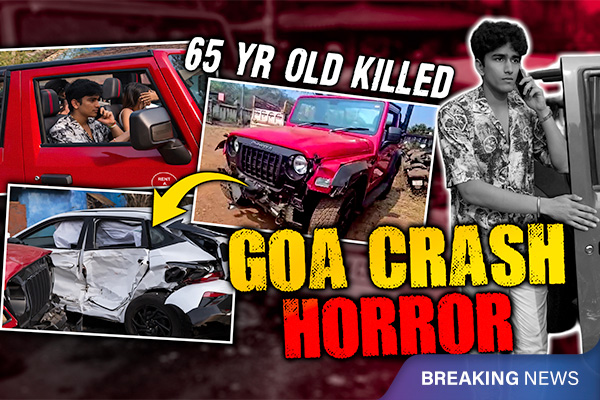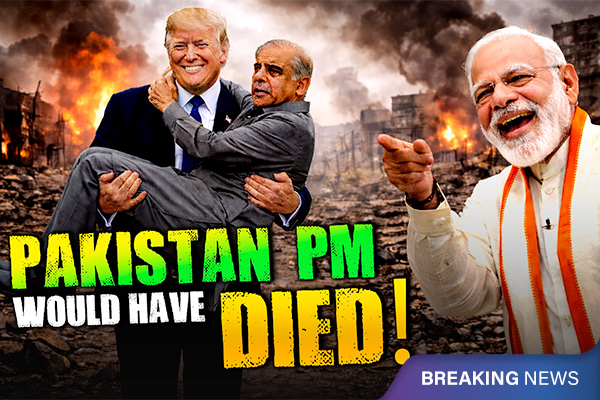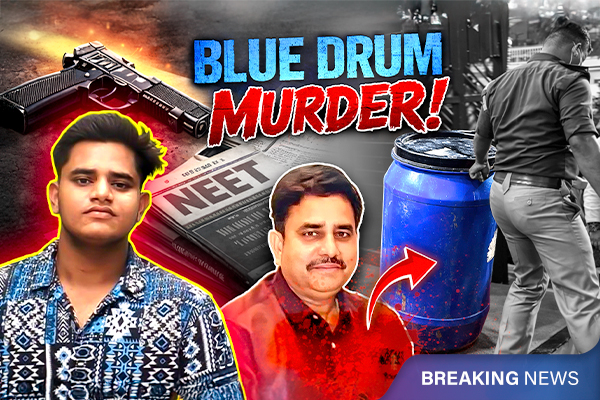BJP Wins Delhi Elections After 27 Years!
BJP won a historic victory in Delhi's 2025 Legislative Assembly elections, ending AAP's 12-year rule and securing 48 out of 70 seats.
In a major political shift, the Bharatiya Janata Party (BJP) emerged victorious in the Delhi Legislative Assembly elections, winning 48 out of 70 seats. This victory marks the end of Aam Aadmi Party’s (AAP) 12-year rule in Delhi. The results were declared on 8th February 2025, after the elections were held on 5th February.
Around 60% of eligible voters participated in the elections, and most exit polls had predicted a BJP win, though these are often not entirely reliable. To form the government in Delhi, a party needs 35 seats, and the BJP comfortably crossed this mark with 48 seats. Meanwhile, Arvind Kejriwal’s AAP secured only 22 seats, a significant drop from their earlier numbers. Kejriwal and Manish Sisodia, prominent AAP leaders, lost their seats in New Delhi and Jangpura, respectively. However, current Delhi Chief Minister Atishi won her seat in Kalkaji by a narrow margin.
In a shocking turn of events, the Indian National Congress (INC) failed to win even a single seat in this election.
Following the results, Prime Minister Narendra Modi congratulated the winners on social media, calling the victory historic and promising that the BJP would focus on developing Delhi. "Development wins," he said in a post on X (formerly Twitter).
On the other hand, Arvind Kejriwal accepted his party’s defeat in a self-video posted on X, congratulating the BJP and expressing hope that the new government would meet the expectations of the people of Delhi.
This election has been a significant one for both parties, as Delhi holds great symbolic value being the national capital. AAP had governed Delhi since 2013, focusing on improving education, healthcare, and welfare. However, Kejriwal and other AAP leaders have faced several corruption allegations, which have impacted their image.
ISH News has aired several videos related to Kejriwal’s alleged corruption, his arrest, and his resignation, among other controversies. These issues were highlighted during the campaign and may have affected AAP’s support base.
BJP, which has been out of power in Delhi since 1998, put great effort into its campaign. Key leaders like PM Modi and Home Minister Amit Shah led the party’s events in Delhi. The BJP also focused on AAP’s shortcomings, especially the corruption charges against Kejriwal.
In contrast, Congress, ousted from Delhi in 2013 over corruption allegations, failed to regain power and didn’t win any seats in this election.
The BJP’s victory is seen as a significant blow for AAP. Although AAP continues to govern Punjab, its defeat in Delhi raises questions about the future of the party. Experts believe that Kejriwal’s anti-corruption image, once popular among the middle class, has weakened due to various corruption cases and the imprisonment of key party leaders.
The BJP also campaigned on its "double-engine" pitch, assuring voters that having the same party in both the central and Delhi governments would bring stability. The party’s “Parivartan” (change) message resonated with many voters, and with substantial financial and political backing, the BJP secured a decisive victory.
Both BJP and AAP promised to improve public schools, provide free healthcare, and offer cash handouts to women. However, one key issue, Delhi's air pollution crisis, was noticeably absent from the election campaigns. Despite the ongoing air quality problems, it was not a major talking point. The BJP did promise to reduce the city’s Air Quality Index (AQI) by half by 2030, but the issue did not dominate the conversation.
Experts believe that this victory will further boost Modi’s popularity, especially after the BJP’s defeat in the general elections last year.







